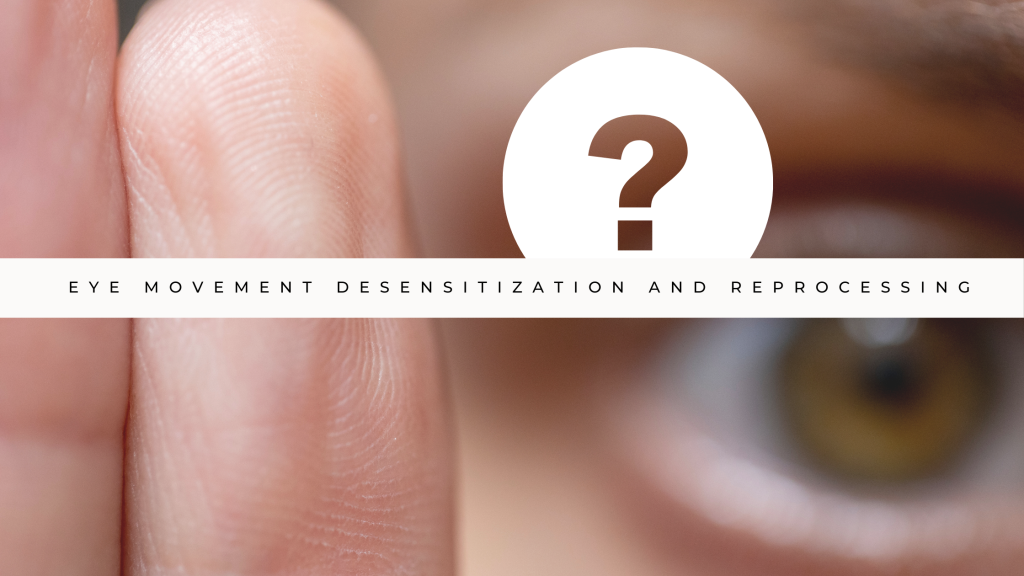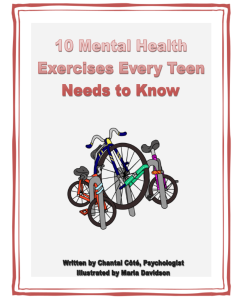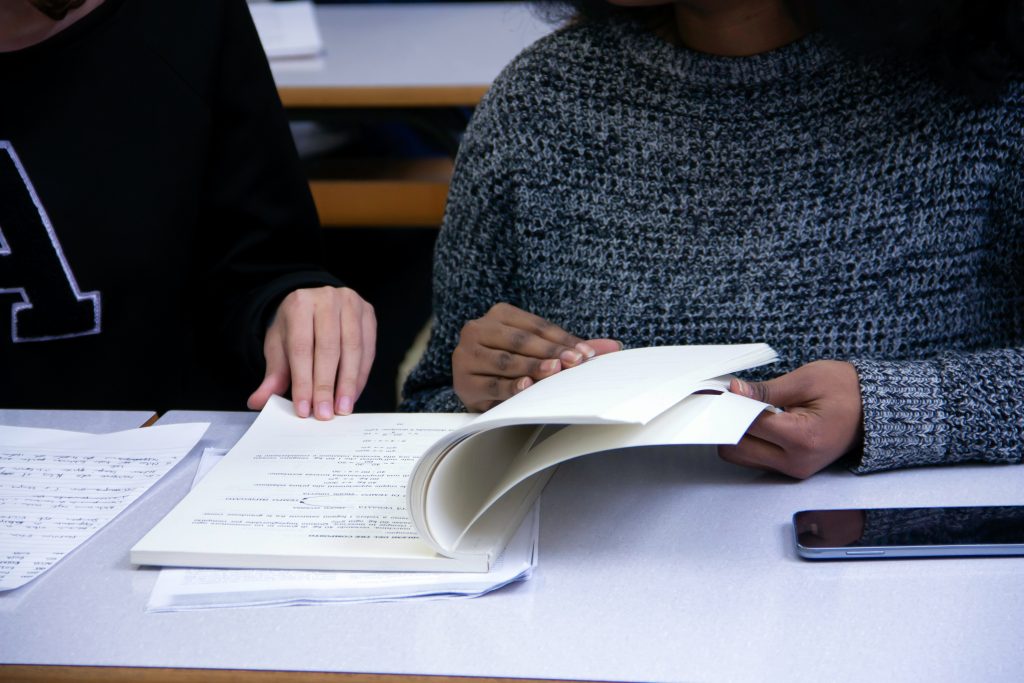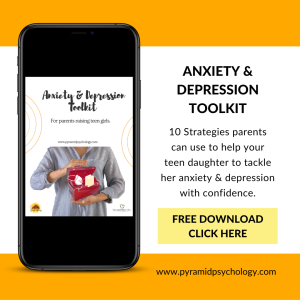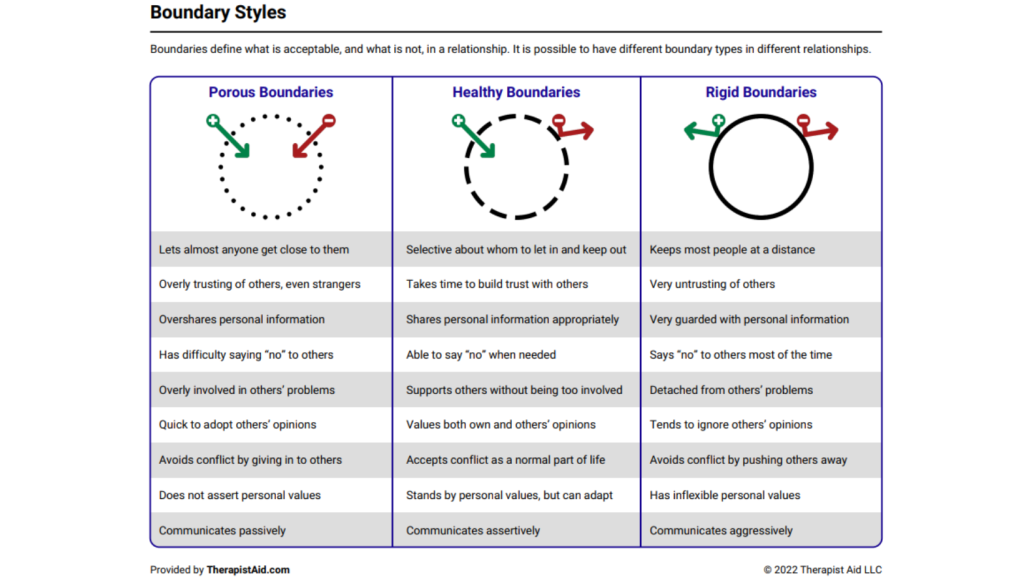What is EMDR and how will it benefit my daughter?
What is EMDR and how will it benefit my daughter? I had the opportunity to become trained in eye movement desensitization and reprocessing (EMDR) last summer, and it has been cool to see how effective the approach has been for some of my clients. EMDR uses some type of bilateral stimulation, which is a fancy way of saying both sides of the body are being stimulated.

The classic stimulus is moving your eyes back and forth from left to right, but it can also be crossing your arms and tapping your;
-
Shoulders
-
Tapping your knees
-
Holding buzzers that buzz in your hands
-
Auditory tones…
While undergoing bilateral stimulation, I guide my clients through a process of remembering a traumatic memory and reprocessing said memory in a more healthy and positive way. Depending on the client, there may be only one memory to process, whereas others will have 10 or more.
While no one knows for sure how EMDR works (there are several theories out there), the research and client feedback continues to prove that it does work. What does “work” even mean, you may ask? That would be a good question.
At its core, EMDR therapy is based on the theory that previous unprocessed traumatic experiences are showing up as symptoms in the present.
The symptoms may be;
-
High anxiety
-
Panic
-
Triggers
-
Feeling overwhelmed
When the previous traumatic experiences are reprocessed, the nervous system no longer responds in an over-reactive way to stimuli in the present. There are a lot of fascinating studies out there that show a remarkable difference in brain activity between before completing EMDR therapy and after if you’d like to see!
A common response that I hear from clients is that when they think about the previous traumatic memory after completing EMDR. They say that they no longer have an emotional reaction to it.
An incident or experience that previously resulted in sensations of anxiety or panic is now remembered in a more factual, calm manner. Clients also share that after several EMDR sessions (the number of sessions varies by client and circumstance), they notice that they are less triggered in the present. EMDR is not hypnosis or changing the facts, it’s just helping your brain process a previous experience that it was not able to at that point in time.
EMDR is not the best fit for everyone, and some of my clients prefer more traditional talk therapy over EMDR sessions. There are many paths to better health and wellness, and I am happy to take the client’s lead. I will say, however, that for clients who may not want to express previous traumas verbally, EMDR can be an incredible tool.
If you would like to learn more about EMDR and if it may be a good fit for you, please book a consult call or first session.
BOOK APPOINTMENTThis article: “What is EMDR and how will it benefit my daughter?” Written by: Jessa Tiemstra

